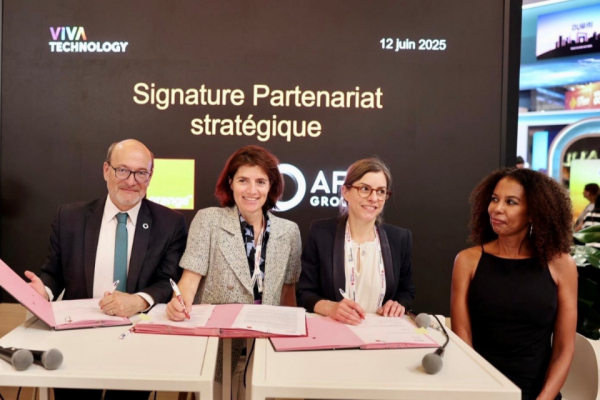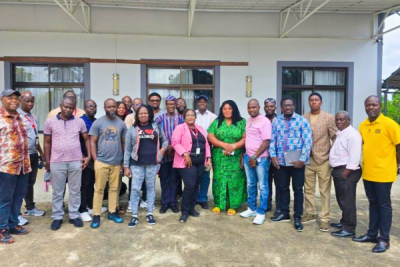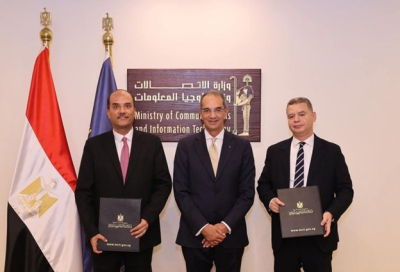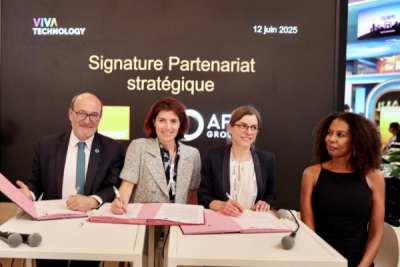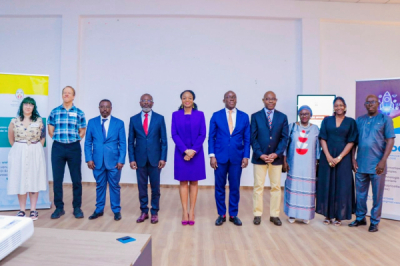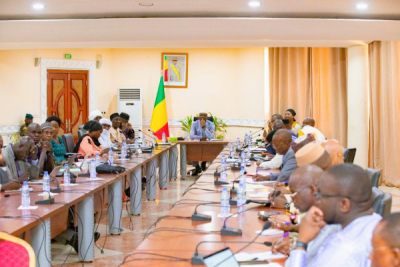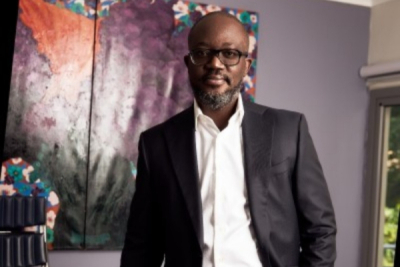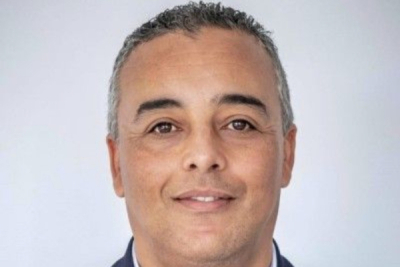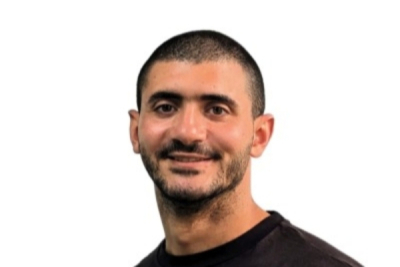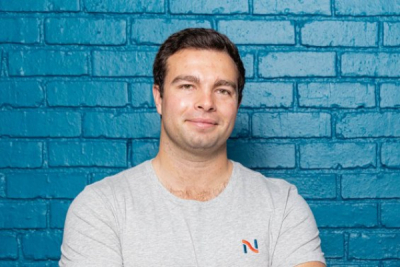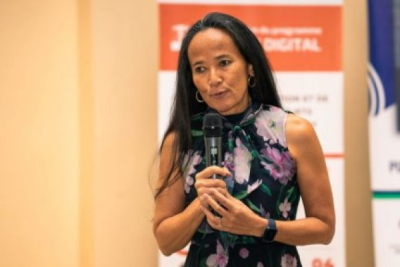Digital technology is emerging as a key driver of development, with public-private partnerships multiplying to bridge the digital divide, foster local innovation, and improve access to essential services across Africa.
On Thursday, June 12, on the sidelines of VivaTech 2025, telecommunications group Orange and the French Development Agency (AFD) formalized a three-year framework agreement aimed at strengthening their cooperation in the digital sector, particularly across Africa and the Middle East. This agreement establishes Orange as a key partner in advancing digital transformation across 17 countries in the MEA region.
"This strategic partnership with AFD Group marks an important milestone in our collaboration," said Christel Heydemann, CEO of Orange. "I am pleased to continue this momentum of international cooperation for a more inclusive and sustainable digital future."
The agreement's core objective is to broaden access to essential digital services and promote high-impact, sustainable digital solutions. It covers several critical areas, including the deployment of strategic infrastructure such as backbones and submarine cables, enhancing access to e-services in education, health, and agriculture, youth training, fostering digital entrepreneurship, and mitigating the sector’s environmental footprint. Furthermore, the partnership will address emerging topics like data ethics and the application of artificial intelligence for development.
This collaboration comes as demand for digital services surges across the African continent, driven by a digitally native youth demographic. However, significant disparities in access persist. According to the International Telecommunication Union (ITU), only 38% of Africans had internet access in 2024, considerably lower than the global average of 68%. The rural-urban divide is even more pronounced, with 57% coverage in urban areas compared to just 23% in rural regions, highlighting the substantial digital gap.
By combining their efforts, Orange and AFD aim to bolster the digital sovereignty of partner countries and contribute to achieving the United Nations Sustainable Development Goals through localized, inclusive, and responsible initiatives. The new cooperation framework will also reinforce existing projects, such as the 16 Orange Digital Centers across Africa and training programs supported by the Orange Foundations in Côte d’Ivoire, Guinea, Madagascar, and Tunisia, while simultaneously launching new initiatives in rural and vulnerable communities.
By Samira Njoya,
Editing by Sèna D. B. de Sodji


